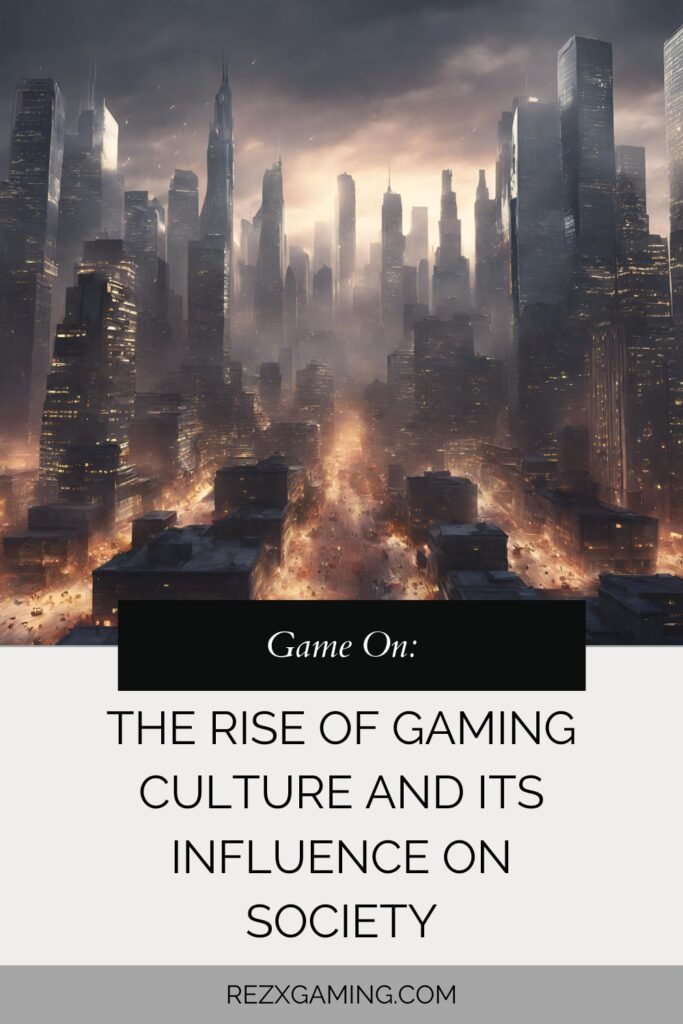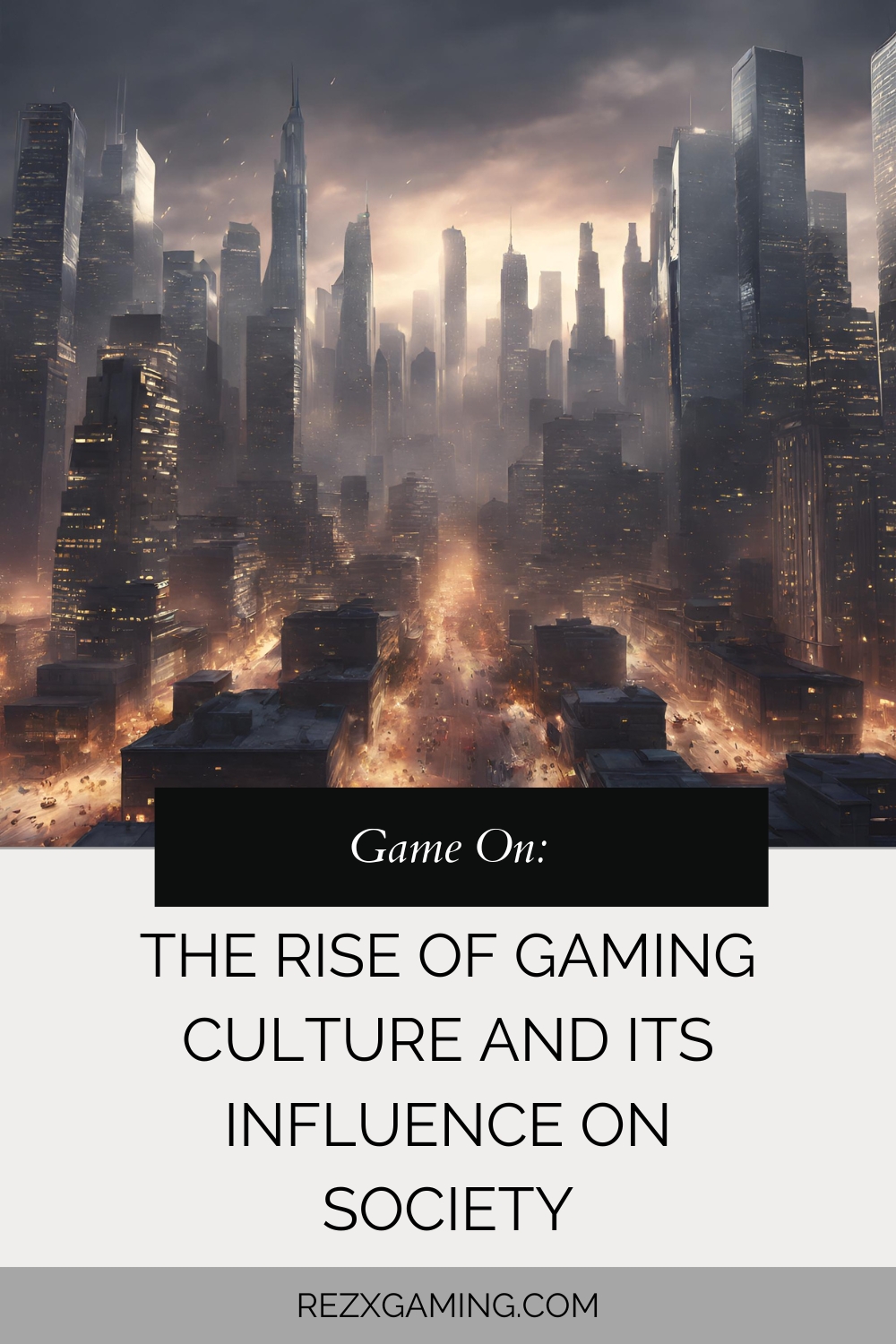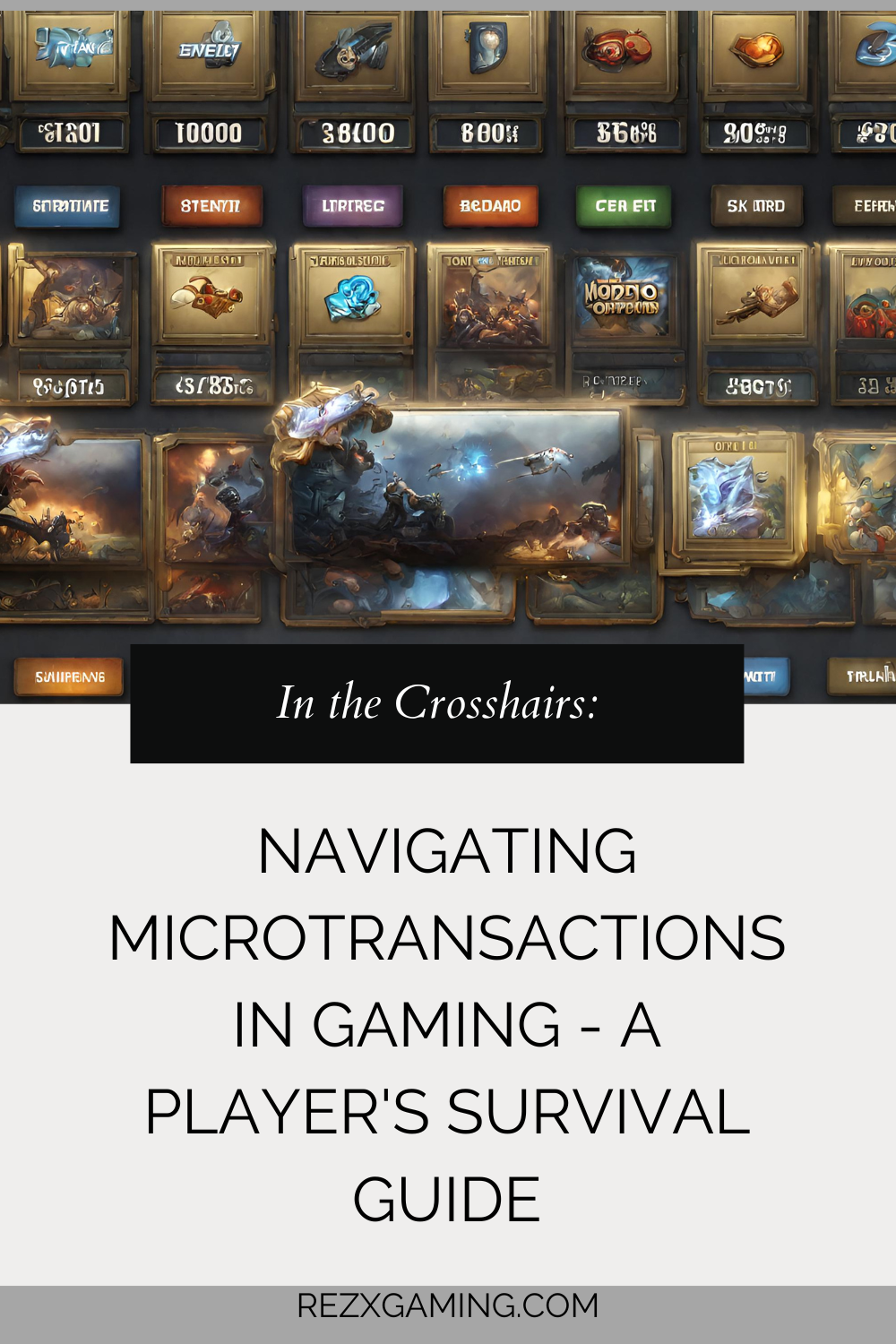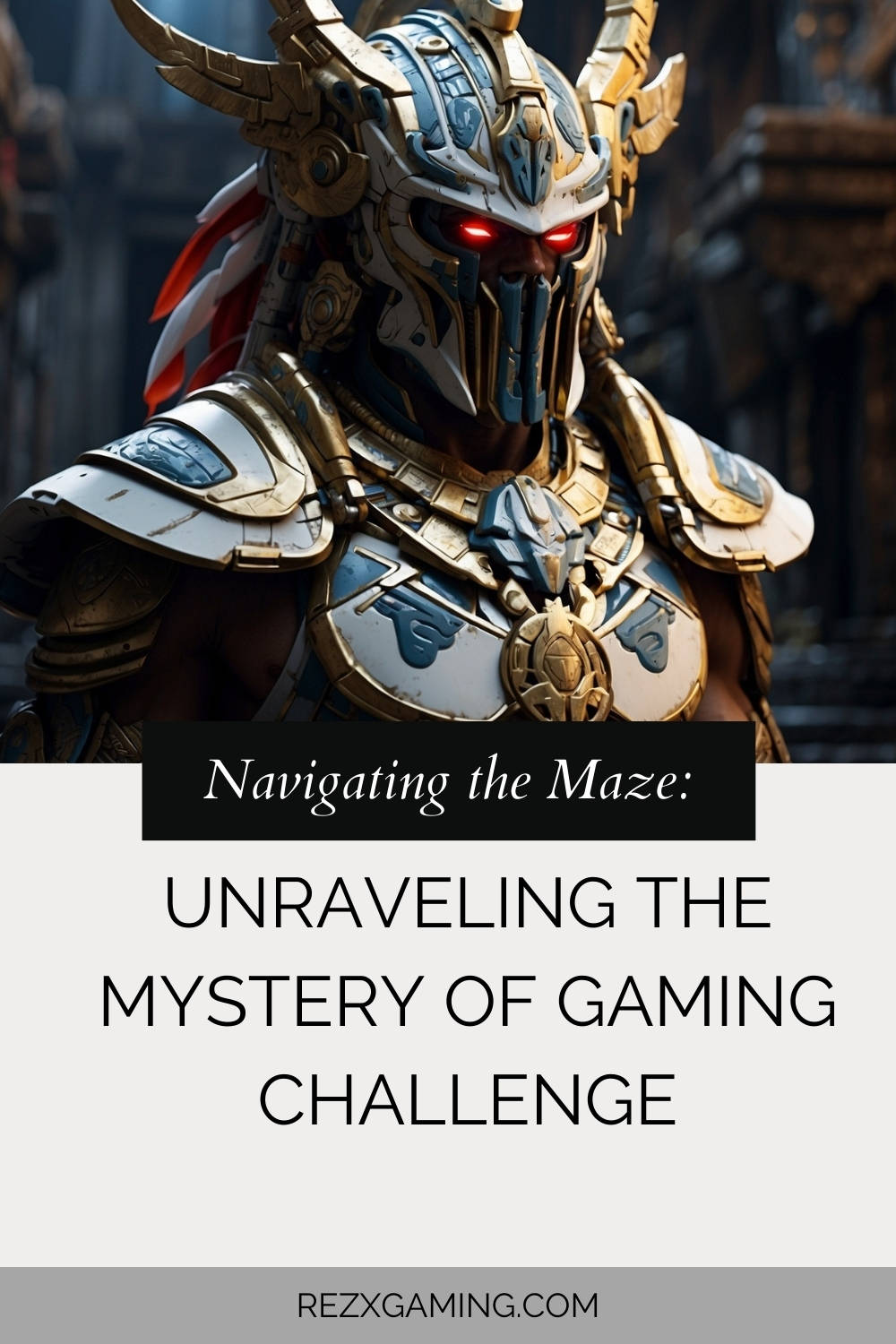
In recent years, gaming has transcended its status as a niche hobby to become a cultural phenomenon with far-reaching influence. From the rise of esports and gaming celebrities to the mainstream acceptance of gaming as a legitimate form of entertainment, the impact of gaming on society is undeniable. In this blog post, we’ll dive into the world of gaming culture, exploring its origins, evolution, and profound influence on society at large.
The Birth of Gaming Culture: From Arcades to Consoles
Gaming culture traces its roots back to the early days of arcades and home consoles, where players gathered to compete, socialize, and share their love of gaming. Games like “Pac-Man,” “Space Invaders,” and “Donkey Kong” captured the imagination of players worldwide, sparking a cultural phenomenon that would shape the future of entertainment. With the advent of home consoles like the Atari 2600 and the Nintendo Entertainment System (NES), gaming culture began to take shape, as players embraced new technologies and experiences that brought gaming into their homes.
The Rise of Esports: From Casual Competitions to Global Spectacles
In recent years, esports has emerged as a dominant force in gaming culture, with professional players competing in tournaments for millions of dollars in prize money. Games like “League of Legends,” “Dota 2,” and “Counter-Strike: Global Offensive” have become household names, drawing millions of viewers to live events and online streams. Esports has not only elevated gaming to the level of traditional sports but also fostered a sense of community and camaraderie among players and fans worldwide, transcending geographical boundaries and cultural differences.
Gaming and Identity: Finding Community and Belonging
For many gamers, gaming culture serves as a source of identity, belonging, and self-expression. Whether it’s through online communities, gaming forums, or social media platforms, gamers connect with like-minded individuals who share their passion for gaming and geek culture. Gaming conventions like PAX and E3 provide opportunities for fans to come together, celebrate their favorite games, and forge lifelong friendships. In an increasingly digital world, gaming culture offers a sense of community and belonging that is both inclusive and empowering.
Gaming and Representation: Shaping the Narrative
As gaming culture has evolved, so too has the representation of diverse voices and perspectives within the medium. Games like “The Last of Us Part II,” “Life is Strange,” and “Gone Home” have pushed the boundaries of storytelling and representation, featuring diverse characters and narratives that resonate with players from all walks of life. By championing diversity and inclusion, gaming culture has become a platform for marginalized voices to be heard and celebrated, challenging stereotypes and fostering empathy and understanding among players.
Gaming and Social Impact: From Entertainment to Advocacy
Beyond entertainment, gaming culture has also had a profound impact on society at large, shaping attitudes, behaviors, and even public policy. Games like “Pokémon Go” and “Foldit” have encouraged players to engage with real-world issues such as public health and scientific research, while games like “Fortnite” and “Minecraft” have served as platforms for social activism and fundraising efforts. As gaming continues to evolve, its potential to effect positive change and drive social impact will only continue to grow, making it a powerful force for good in the world.
Conclusion:
As gaming culture continues to thrive and evolve, its influence on society is more pronounced than ever before. From the rise of esports and gaming celebrities to the celebration of diversity and inclusion within the medium, gaming culture has become a defining aspect of contemporary culture, shaping the way we play, socialize, and interact with the world around us. As we look to the future, one thing is clear: game on, and let the power of gaming culture continue to inspire, unite, and uplift us all.






